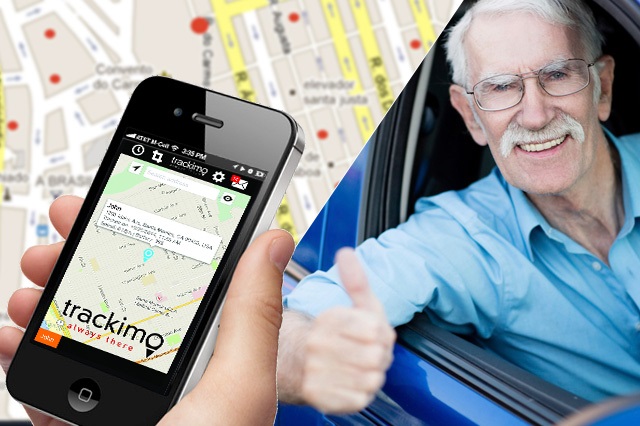
The investigative series launched by the Toronto Star in February tackled the issue of elderly drivers with dementia. They want to know what the government is doing to identify those drivers who are at risk of getting into an accident due to cognitive impairment. In response, Ontario Transportation Minister Bob Chiarelli assured that they are devising a plan to solve the issue.
In the series, it was noted that there is a rapid increase in the number of elderly drivers with dementia in the city. It concerned Chiarelli as people who are suffering from this condition have diminishing cognitive skills, and it affects their ability to drive safely.
In Ontario, geriatricians are required by the ministry to report their patients with dementia. But it seems that this regulation is not strictly followed based on a study done by Toronto’s Sunnybrook Health Sciences Centre. In the survey, of the elderly drivers with dementia that have experienced severe road accident, only 3 percent of them had been previously reported by their doctors.
Government’s Move to Identify Elderly Drivers with Dementia
Scroll down for videos

Ontario’s transportation minister promised to be tougher in implementing the current rules for elderly drivers with dementia. Although he expects medical practitioners to be more compliant to the directive given to them, he admitted that some physicians may need tools in forms of training or technology to help them determine whether their patients are still fit to drive or not.
Currently, patients with mild dementia are still allowed to drive, it’s only the seniors with moderate to severe conditions that are not permitted to take the wheels. But the problem is that medical professionals don’t have the approved tools to determine the severity of the elderly driver’s condition.
The Transportation Ministry relies only on the doctors’ reports and the results of the mandatory testing that 80-year-old drivers are required to take and retake every other two years. However, this test does not include cognitive assessment or actual road testing as these specific exams are very expensive at $500 and above.
The Candrive research group is currently conducting a study on potential technology that can help medical professionals identify elderly drivers with dementia and at risk of a crash. The study includes data gathering involving 1,000 drivers, aged 70 and older. Researchers will use GPS-based monitoring for elderly to assess in detail the drivers’ sensory, physical, and cognitive performance, as well as their driving habits and attitude. The study is expected to be finished in five years and aims to develop a software that will aid the physicians in making decisions as to whether or not particular elderly drivers with dementia are still fit to drive.
Helping Elderly Drivers with Dementia
With all these discussions about restricting and putting a stop to the right to drive of our unfit senior drivers, what can you contribute to our elderly to help them prolong their ability to drive safely?

Though currently there is no cure for dementia—hopefully, soon—our medical experts can find a way to halt, if not completely stop, the progression of the condition so that our elderly drivers with mild cases of dementia can continue to drive for a longer time.
Watch the video below
Let us help you. We’d be delighted to answer any tracking questions you have or discuss the options in more details.
Call us now: 646-626-6116
Or have a look at our GPS tracking device for elderly here.